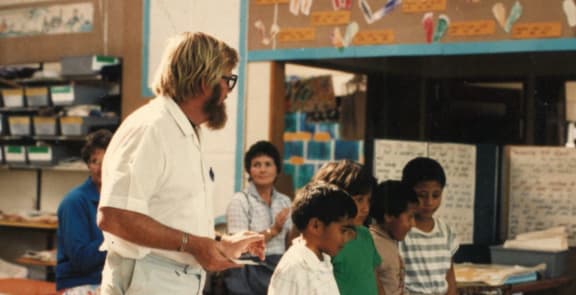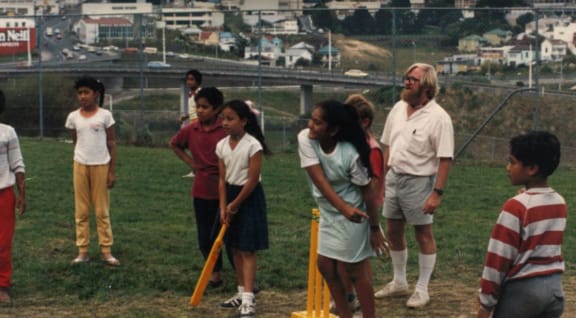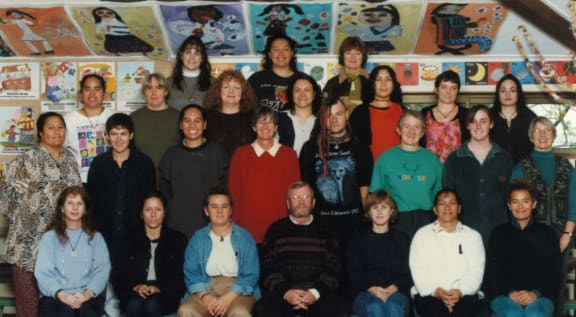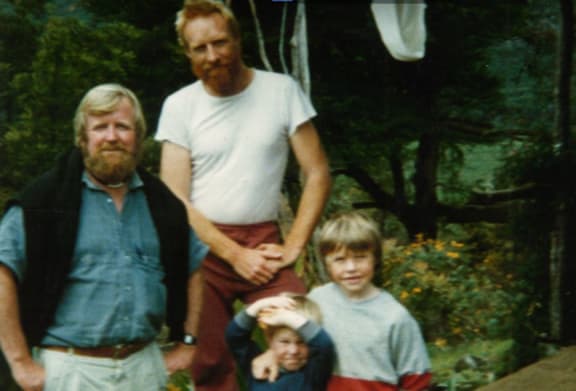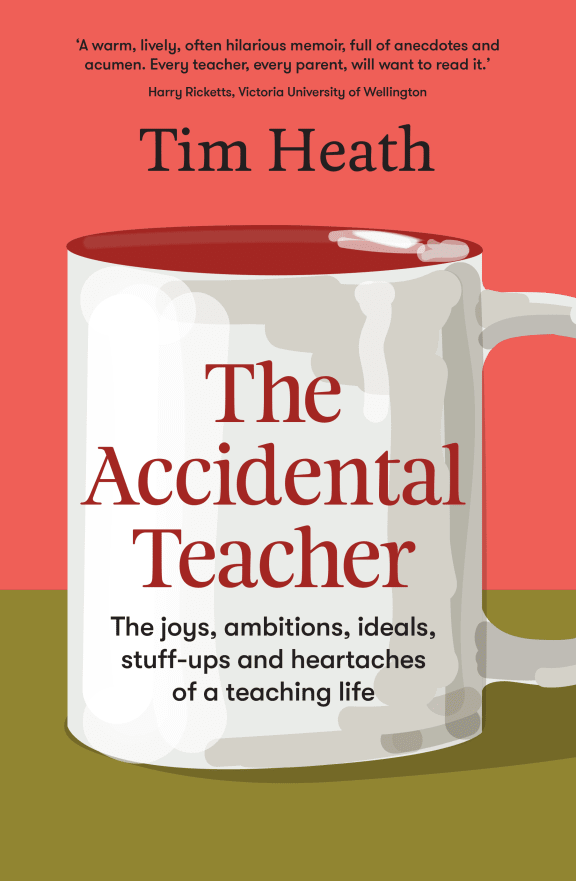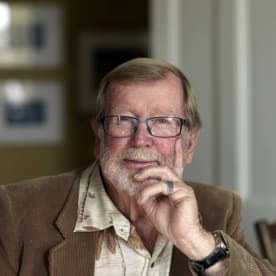Tim Heath says he never intended to become a teacher initially but ended up spending 47 years in schools around the country.
He also taught for a time in Samoa and spent many years working for The Correspondence School.
Heath has taken all those experiences - the ideals, the mistakes, the joys and frustrations - and turned them into a funny and compelling read in The Accidental Teacher.
He admits he went to the teachers' college after hearing they paid an allowance, because he had used up all his holiday job earnings.
Heath tells Kathryn Ryan his impressions of teaching start from his vivid memories back in primary school.
"I remember waiting nervously in line to read to the teacher, knowing I'd get my legs smacked because I couldn't read properly and then suddenly it all happening, so that memory is strong and pretty influential on me."
His breakthrough moment in reading wasn't necessarily because of a teacher or the system, and he believes that that's the case for many children today.
"We endeavour in our system to have people read before they're ready.
"I think we need to wait, we need to look at kids and check out that everything is okay and if they can run and jump and they can see things and their hearing is okay ... it's probable that they're going to read.
"But if we say to them you've got to do it right now, we may in fact inhibit that.
"I don't think it matters if you learn to read when you're three or if you learn to read when you're eight, I think what does matter is what you think about reading when you're 28."
Heath also says he's concerned the education system today means children are not looking inwardly at their own successes.
"There's something about the environment that means other children who have come from more privileged backgrounds ... it's a lovely place for them, but for many other kids, there's the initial feeling of 'hey, I'm not fitting in and I'm a bit of a failure'."
For him, it was the feeling of empowering children that kept him grinning, he says.
In fact, he was quite innovative in his profession, having even at one point got rid of year classes for about six years at a primary school and introducing a non-traditional lesson routine at another.
"We tried to get away from the concept that chronological age had a significance about what children could do or could not do.
"I believed it worked, [but] it was very hard work for teachers.
"I think if we got a class of eight-year-old kids together, the spread of ability will be from A to Z and if you get a class from all different ages, the spread of ability will still be from A to Z, so in a way it doesn't matter."
There were also fewer restraints back then on teachers, he says.
"[The principal] sort of watched me and was a bit surprised that the kids in my room were learning something, because we'd have art in the morning and go for runs and things like that that you weren't supposed to do."
But when Heath spoke to a variety of current teachers as part of his book, he says it was saddening to see their training had become so hugely focused on meeting curriculum demands.
"When I talked to them at the detail of what they needed to do, my heart sank because it seemed so stifling, it seemed like they couldn't be spontaneous anymore.
"Some of the things they would talk about as being difficult, but it was more the whole bulk of things which they accepted which I would have found terribly difficult to conform with."
His hope is that teachers can be more themselves and spend time with children rather than focus on achieving goals by a certain time.
"I say quite often in the book that parents and teachers are pretty remarkably good when their children learn to speak, we celebrate every little thing that comes out, we celebrate mistakes, the mispronounced word becomes part of the family legend.
"But when children learn to read and go to school, we become more rigid and seem to expect there are definite steps they have to go up and there aren't definite steps."
Now with many children remotely learning due to lockdowns, Heath recommends parents enjoy time doing activities with their children and not be a rigid taskmaster of sorts.
"I think if it's a time that parents are enjoying things with their children, stories, making pictures and going walks and seeing if they can run faster than yesterday, I think that's great."
